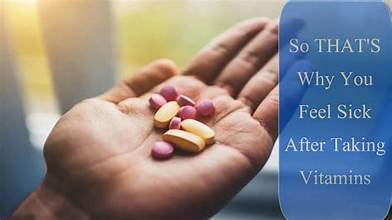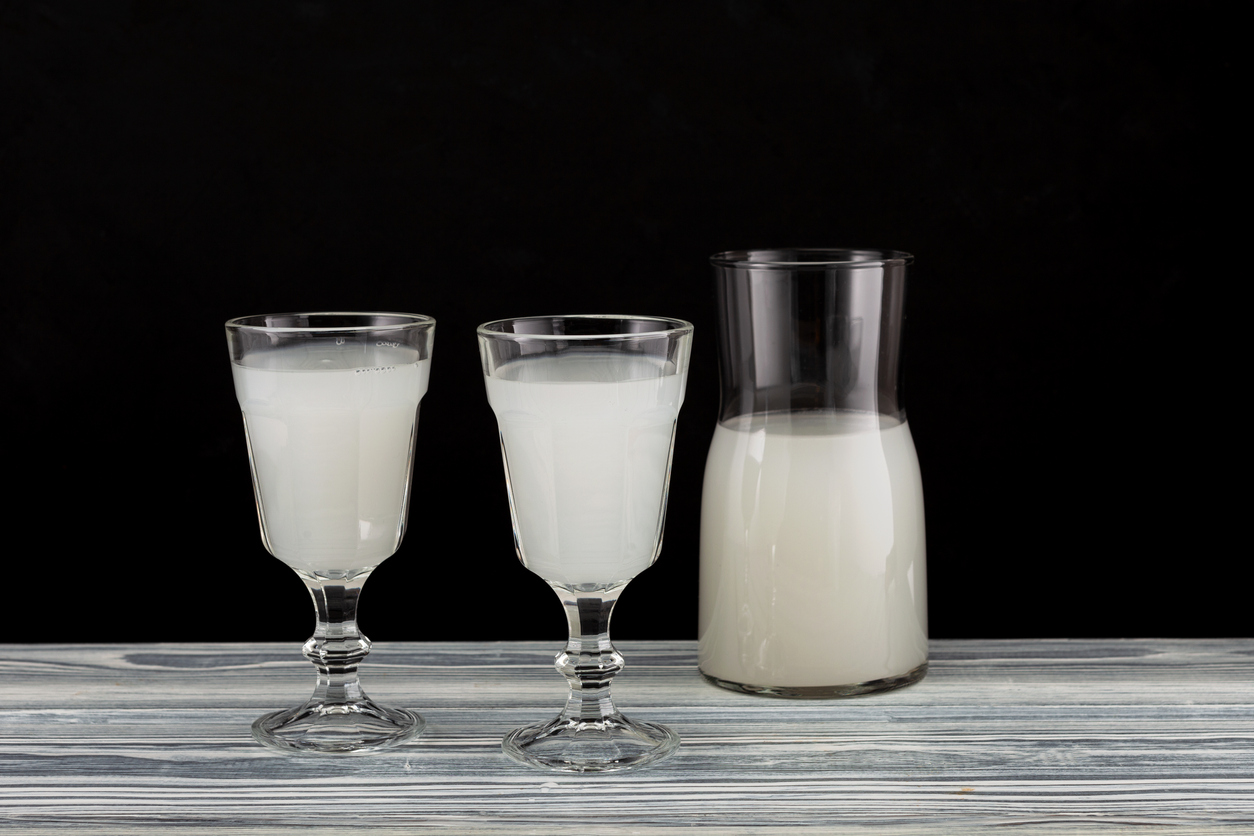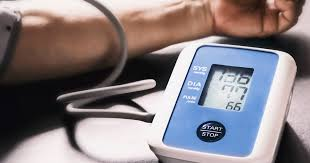
Have you noticed fewer friends ordering alcoholic drinks when you meet up? Or perhaps you’ve seen more people choose sparkling water over beer. A quiet but powerful change is happening. Many folks now choose to avoid alcohol entirely, even in small amounts. This isn’t just about avoiding addiction. It’s about a bigger trend known as “sober curious.” More and more people are rethinking how alcohol fits into their lives. Society once pushed drinking as normal fun, but that idea is fading fast.
What exactly is “moderate” drinking? Guidelines often say it means one drink a day for women and up to two for men. But this definition can feel blurry. What counts as “one drink”? Is it a small glass of wine or a strong craft beer? This fuzzy line makes many people wonder if “moderate” really means “safe.” Individuals are now asking tough questions about these limits. They want to know what’s truly best for their health and well-being.
The Evolving Understanding of Alcohol’s Health Impacts
For a long time, some believed that a daily glass of red wine was good for your heart. This idea made many feel good about their moderate drinking habits. However, new science challenges this old belief. Research now shows that any amount of alcohol might not be helpful. In fact, studies connect even low alcohol intake to a higher chance of certain cancers. This includes breast, mouth, and throat cancers. Doctors and scientists are now sharing a clearer picture.
Alcohol affects more than just your liver. It also plays a big role in your mental health. Many people drink to ease stress, but alcohol can make anxiety and depression worse. It can mess with your sleep cycles, leaving you tired even after a full night. Alcohol also impacts brain power. It can cloud your thinking, hurt your memory, and slow down your reaction time. The risks go far beyond liver damage.
Many health groups now say there’s “no safe level” of alcohol. This idea comes from major studies looking at alcohol’s effects worldwide. Organizations like the World Health Organization suggest that even a little alcohol carries risks. They point out that any amount can raise your chance of health problems. This new view makes many people question their drinking habits. They are now asking if any drink is truly worth the potential risk.
Societal and Cultural Shifts Influencing Choices
Social media platforms like Instagram and TikTok are big drivers of this change. They make the “sober curious” movement grow bigger every day. You can find influencers sharing their alcohol-free lives, looking vibrant and happy. Many online groups and forums offer support for those wanting to cut back or quit. This makes it easy to find shared stories and feel less alone. Social media helps people see that choosing not to drink is both common and cool.
People are finding new ways to have fun and relax. Alcohol-free bars are popping up in cities, offering tasty mocktails and a chill vibe. Sober events, like dance parties or outdoor adventures, are gaining popularity. These events show that you don’t need alcohol to socialize or de-stress. The old pressure to drink at parties is slowly fading. People are now able to truly enjoy themselves without a drink in hand.
Younger generations are leading this shift. Millennials and Gen Z drink less alcohol than older groups did at their age. Data shows these younger folks are more health-aware. They often put their physical and mental wellness first. Digital connections mean they don’t need bars to meet new people. Plus, with rising living costs, saving money by not buying drinks also plays a part. These differences show a real change in how people view alcohol.
Personal Empowerment and Boundary Setting
The shift away from drinking is part of a larger wellness movement. Many people now focus on self-care and feeling their best. They understand that what they put into their body affects their whole life. Awareness campaigns about alcohol’s harm also help. These messages remind people that choosing less alcohol means choosing a healthier life. It’s about taking charge of your own well-being.
For many, cutting out alcohol is a direct way to boost mental health. People often say that reducing their drinking helped ease anxiety and depression. It also led to much better sleep. Imagine waking up refreshed, with a clear mind. Experts agree that alcohol can disrupt brain chemistry. Removing it often brings a sense of calm and stability. Individuals who have quit often report feeling happier and more balanced.
Many who limit or stop drinking share a common goal: wanting more clarity. They seek better focus, higher productivity, and a more mindful life. Alcohol can fog your brain and make you feel sluggish. By removing it, people often find their thoughts are clearer. They make better decisions and feel more present in their daily lives. This desire for sharpness is a strong reason to say no to even moderate sips.
Navigating a World Still Centered on Alcohol
Saying “no thanks” to a drink can feel tricky at first. It’s helpful to have a few simple phrases ready. Try saying, “I’m not drinking tonight, but thanks!” or “I’m sticking to water.” You don’t need a big explanation. Focusing on what you are drinking, like a cool mocktail, can also help. Having non-alcoholic choices available at social gatherings is also very useful. This makes it easier to set boundaries without feeling awkward.
Finding people who support your choice not to drink is key. Look for friends who respect your decisions. You might even find online or local sober communities. These groups offer a safe space to share experiences. They can also help you feel connected without the pressure to drink. Building a supportive social circle makes the journey much easier. Shared goals make everything feel less alone.
The market for non-alcoholic drinks is booming. You can now find amazing non-alcoholic beers, wines, and spirits. There are also creative mocktails that taste just as good as their alcoholic cousins. These options let you enjoy social events without compromising your goals. Many top brands now offer NA versions of their popular products. This growing variety makes it easier than ever to choose an alcohol-free life.
Conclusion: Embracing a New Normal
Attitudes towards alcohol are truly changing. People are now thinking twice about even a single drink. This shift comes from new health findings, changing cultural norms, and a greater focus on personal well-being. Saying “no” to moderate drinking is a choice many people are making. It is a valid and popular personal decision.
The future of how we drink, or don’t drink, looks different. Social norms will keep changing. This means you have more power to make choices that align with your own health. It is all about feeling your best.
Discover more from Healthinfo24.com
Subscribe to get the latest posts sent to your email.




Iris940
https://shorturl.fm/dTKFy